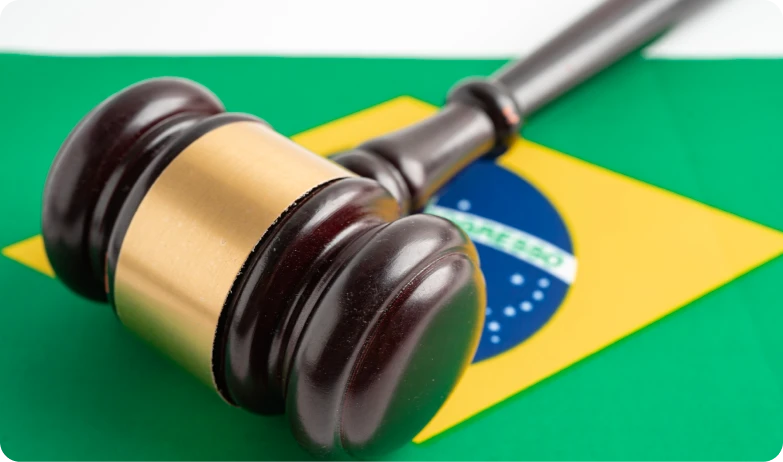Faça sua Pesquisa

The short answer is no, unfortunately not.
The bill PLP 108/2021, authored by Senator Jayme Campos from Mato Grosso, was sent to the Senate floor on July 13, 2021, and approved on August 12, 2021.
The approved text in the Senate was sent to the House of Representatives on August 20, 2021, and has been there since.
Basically, PLP 108/2021 updates and corrects Complementary Law 123/2006, which established and regulated the MEI – Individual Microentrepreneur in Brazil.
The importance of the individual microentrepreneur figure for the economy, job creation, reduction of informal work, and guarantee of work and income for numerous families is widely recognized.
The main advantage of MEI classification is the possibility of paying reduced taxes through a single collection system (Documento de Arrecadação Simplificada-DAS) at a fixed value, compared to the Simples Nacional rates, which are progressive based on gross revenue. The simplicity and reduced tax burden are fundamental incentives for the formalization of many entrepreneurs.
Formalization as an individual microentrepreneur allows, for example, the issuance of invoices and access to social security coverage.
According to official government data, the number of MEIs grew by 8.4% in 2020. At the end of 2020, there were 11.2 million active MEIs in Brazil, corresponding to 56.7% of all businesses operating in the country.
The first change proposed by Senator Jayme Campos (DEM/MT) modifies the revenue limit established in 2006 from R$ 81,000.00 to R$ 130,000.00.
The updated R$ 130,000.00 is 30% lower compared to the correction by IPCA from 2006 to 2021, with the proportional limit being R$ 189,095.39 according to the calculations of the Central Bank's Citizen Calculator.
The second change is the possibility of hiring 2 employees compared to 1 employee allowed in 2006.
This measure can help reduce bureaucracy and reinforce incentives for the regularization and expansion of small businesses, as well as safeguard the social security rights of those who are currently outside the social security system. Note that there is a 12-month waiting period after MEI registration to access these rights.
The bill PLP 108/2021 has been stalled in the House of Representatives since August 2021, awaiting a vote. We hope that lawmakers will recognize the urgency of its approval and promulgation by the President of the Republic.
The progress of bill PLP 108/2021 can be followed at https://www25.senado.leg.br/web/atividade/materias/-/materia/149107.
In conclusion, the accounting and productive sectors believe that increasing the MEI revenue limit, even if still lower than ideal, will bring positive results in Brazil's development, benefiting many families through the legalization of individual micro-entrepreneurship.
Diego Ramos Corrêa is an Accountant with an MBA in Auditing, Controllership, and Forensic Accounting, certified by the Brazilian Institute of Internal Auditors in Corporate Fraud, and specializing in Federal Taxation at Illinois University. He is a member of the Accounting Auditing Study Committee at CRC MT and an invited member of the Electoral Committee of CRC MT for the 2021 elections, and founder of All7 Service.

